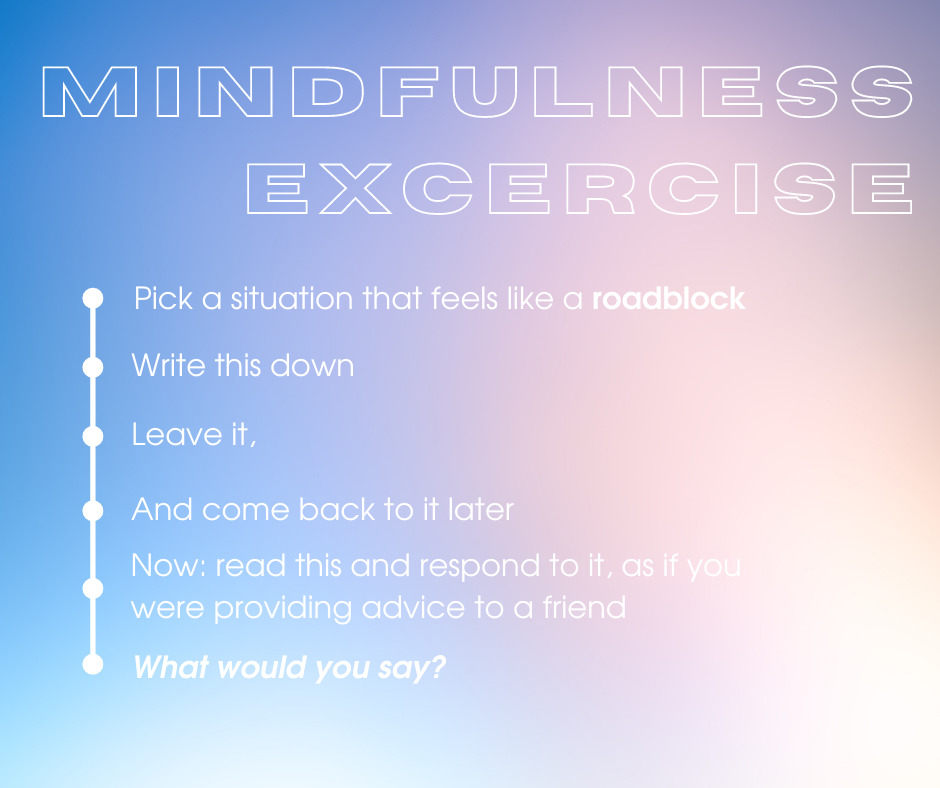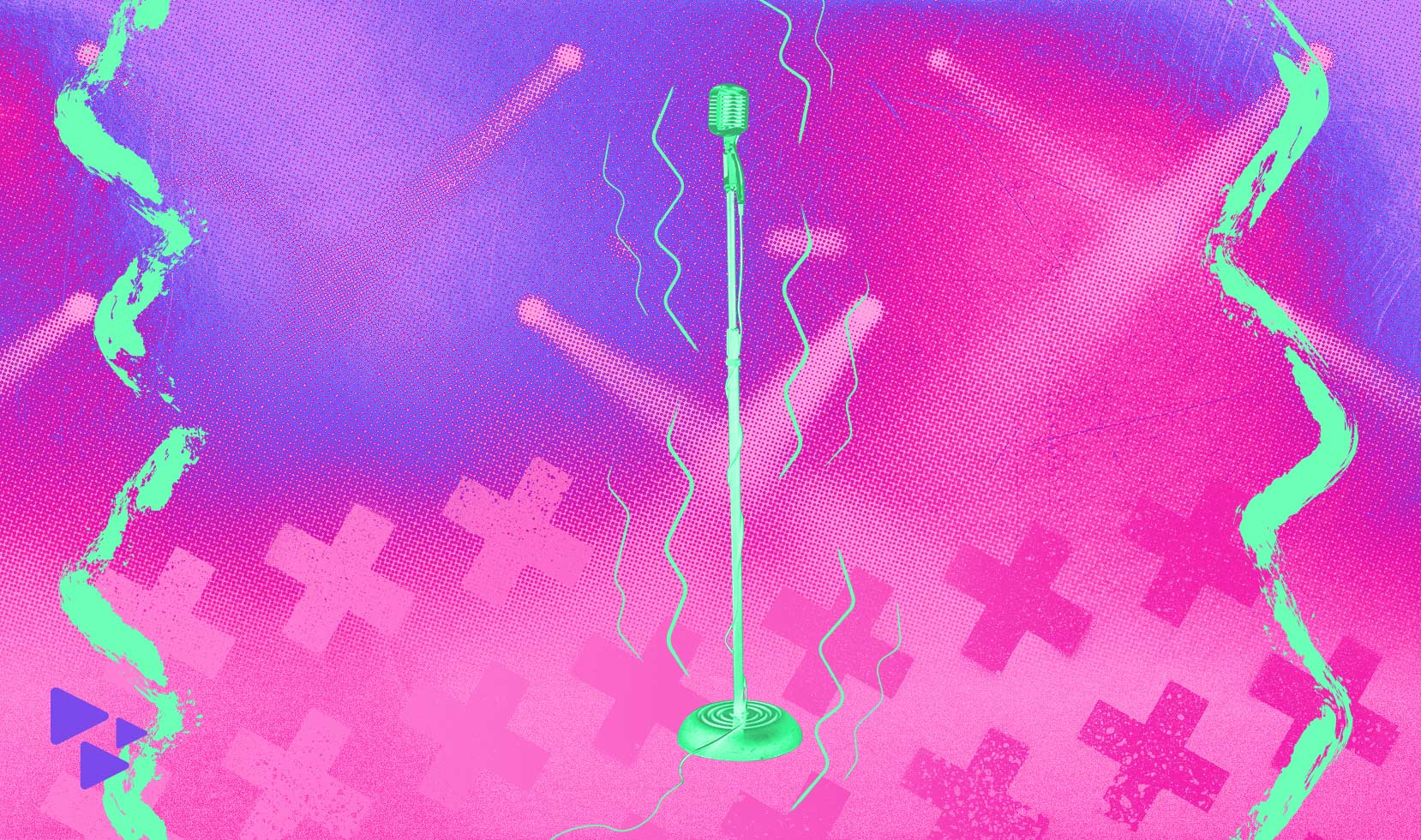
Mental health and touring in the age of COVID
So the light is turning green, but at what cost?
Industries are attempting to resume activity as normal (though this return to “normal” is varied depending on your country, region, and even local laws).
The only common variable seems to be that the “go ahead” we’ve been waiting is… kinda sorta here. But the jury is out on how long it’ll last, as well as how gigging musicians should FEEL about live events.
If you’re feeling anxiety about performing in public spaces, we want to share some advice, normalize your experience, and help provide clarity to guide you forward. Starting with:
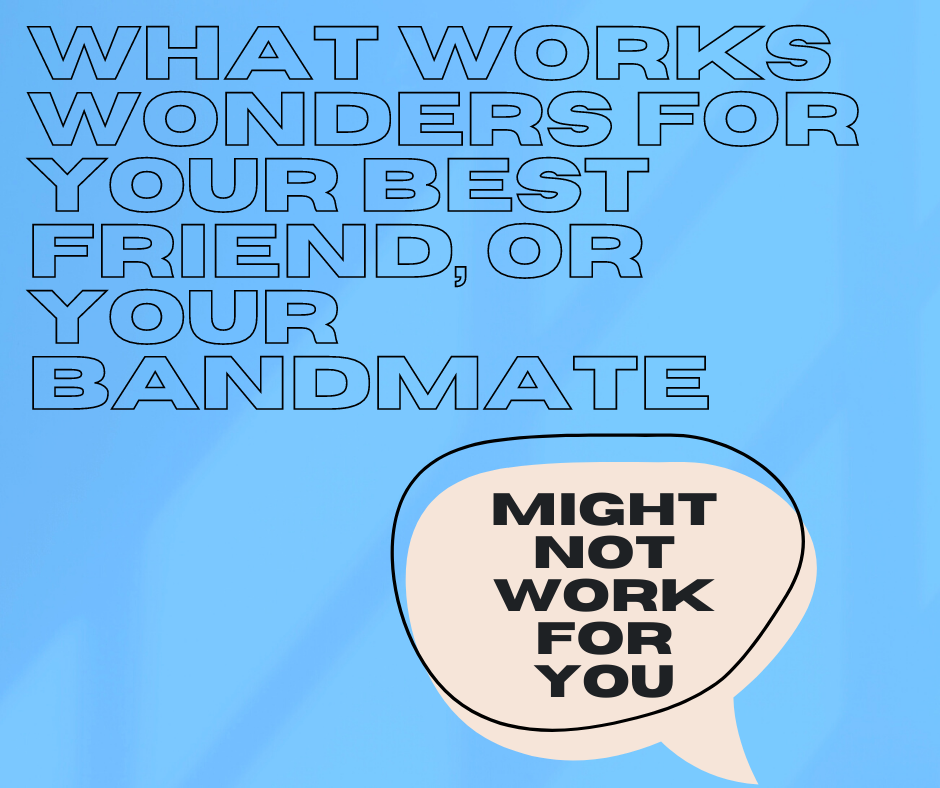

Rewind six months — I’m enjoying a midday quarantine nap, dreaming I’m in a venue, chasing that visceral feeling live music exudes. The music is moving me, physically. We are so packed into a crowd that my movement wasn’t just restricted, it was being dictated by basslines blasting from the speakers.
I realize this might very well be someone’s nightmare, but my experience was akin to Temple Grandin’s intention behind her hugging machine – I was calm, I had found solace.
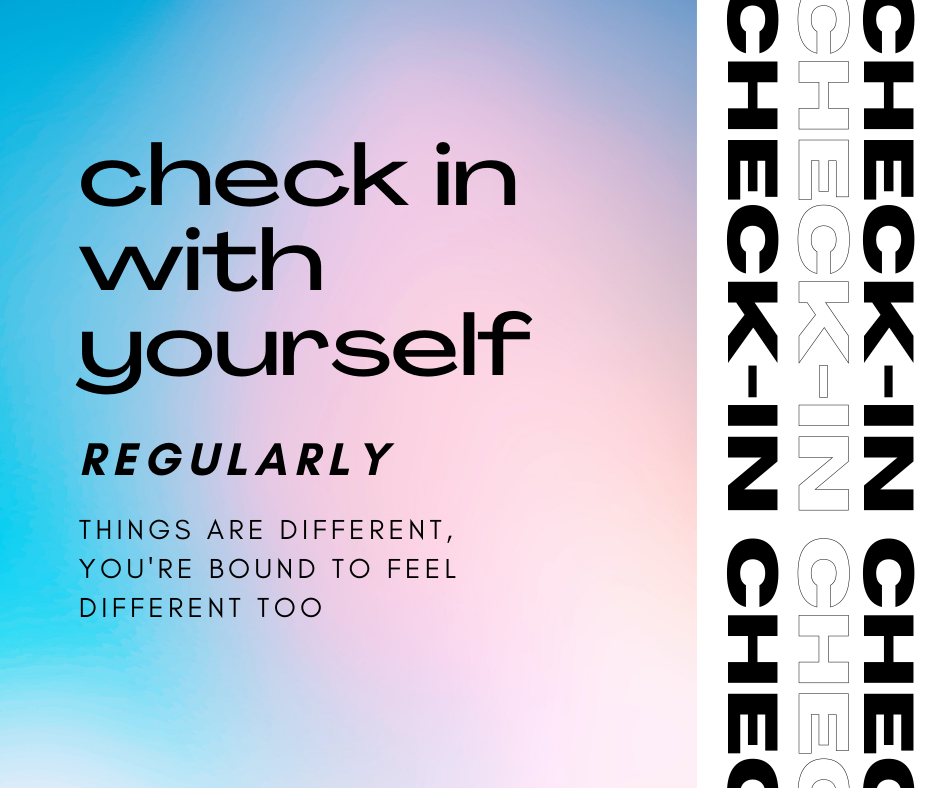

As my alarm rips this peace away, my eyes regain focus. The TV is on, depicting people hugging, kissing, greeting each other upon arrival. I cringe, becoming tense: why are these people touching? Where are their masks? There are so many people in one room – this is all so overwhelming to watch, to connect the dots. My return to reality was met with scenes of a fantasy world in which COVID didn’t exist, but my mind hasn’t quite caught up yet.
Has anyone else experienced this? You’re in the midst of a Netflix-binge, in my case Bridgerton, and all of a sudden you’re screaming at your laptop, trying to stop people from hugging. Nope, just me?
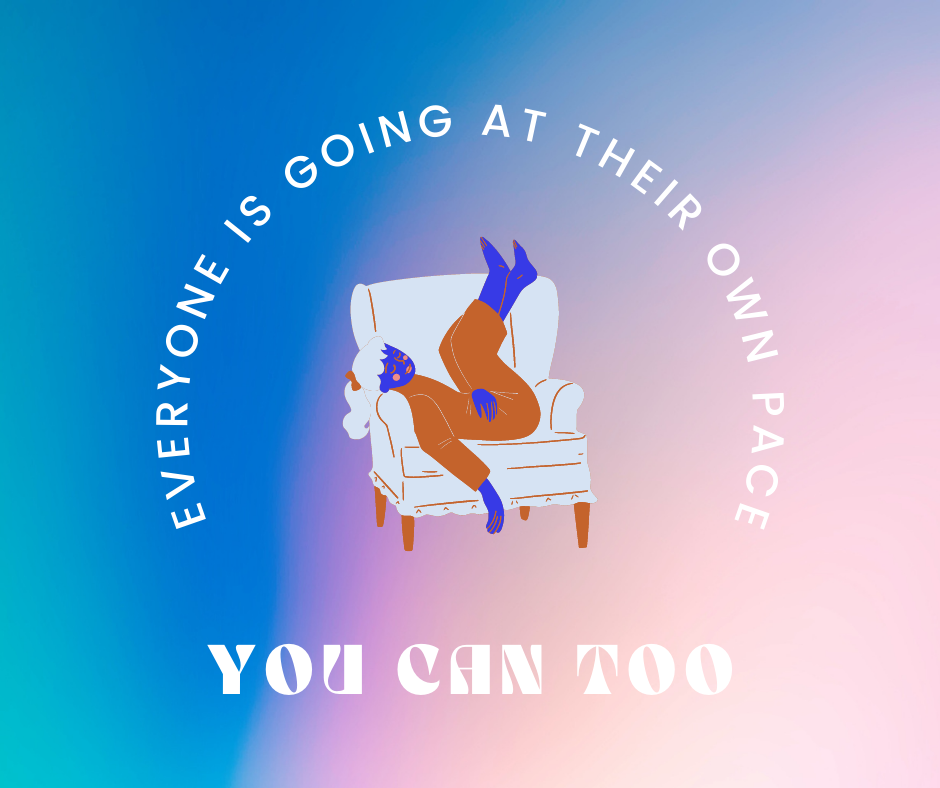

Everyone is approaching the reopen differently
Well this is the reality: we are in a collective experience. We have connected, adapted and endured. But how this affects us, our emotions, feelings, reactions, physical and mental health is unique to the individual.
There is no one size fits all approach to getting through this. There is no right or wrong way to occupy your day.
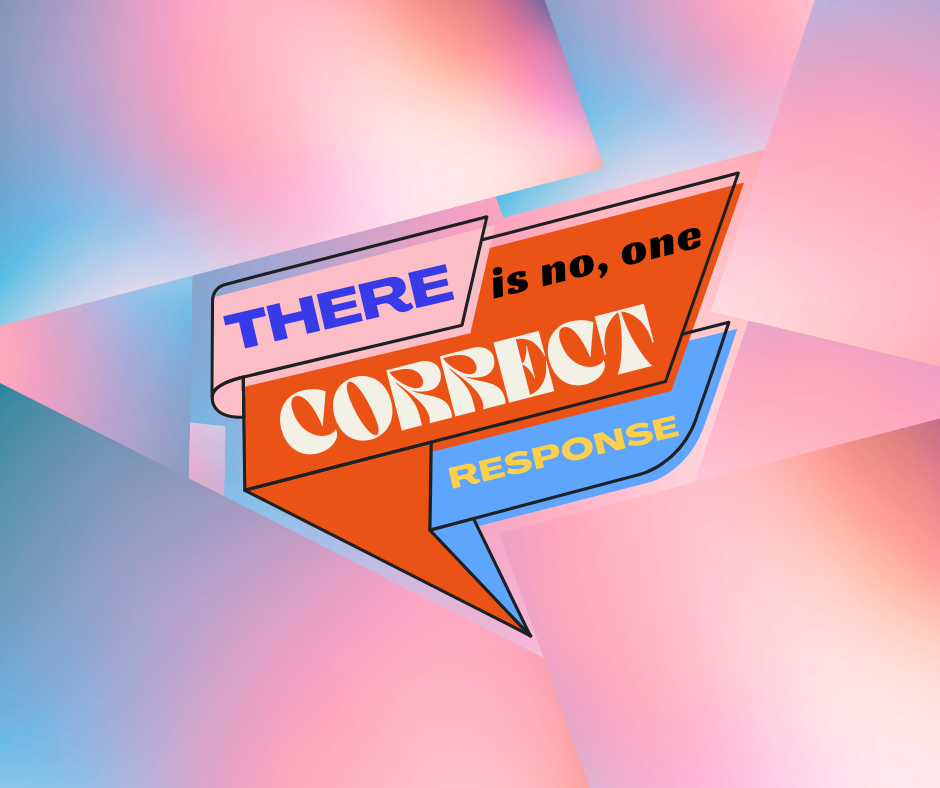

In the same breadth, your approach to reopenings are uniquely your own. Part of you may want to go from 0-60, run to the pubs, reunite with familiar faces, get back on public transport, eat indoors!
But it’s okay not to feel okay. We’ve changed more than we’ve realized over the past year. We’ve adapted to survive, but it also means we’re another person coming out the other side.
But what are we meant to do with this person? The one who is suddenly hesitant to leave the house after having spent months fantasizing about the return to stage, experiencing people in 3D? The one who is craving to perform live, but the act of getting back on the road feels like driving without headlights?
There is no one answer out there to what this is going to look like, feel like. When asked, Blue Rhythm’s Head Coach gave us this tidbit:
“I think we’ve come to terms with expecting live music and events to be carried out differently, and to inherently feel different, but we also need to be aware of the expectations we have for, and put on, ourselves. We need to learn to give ourselves that same level of understanding: to recognize you, yourself have changed, just as much as the world around you.” – Coach John
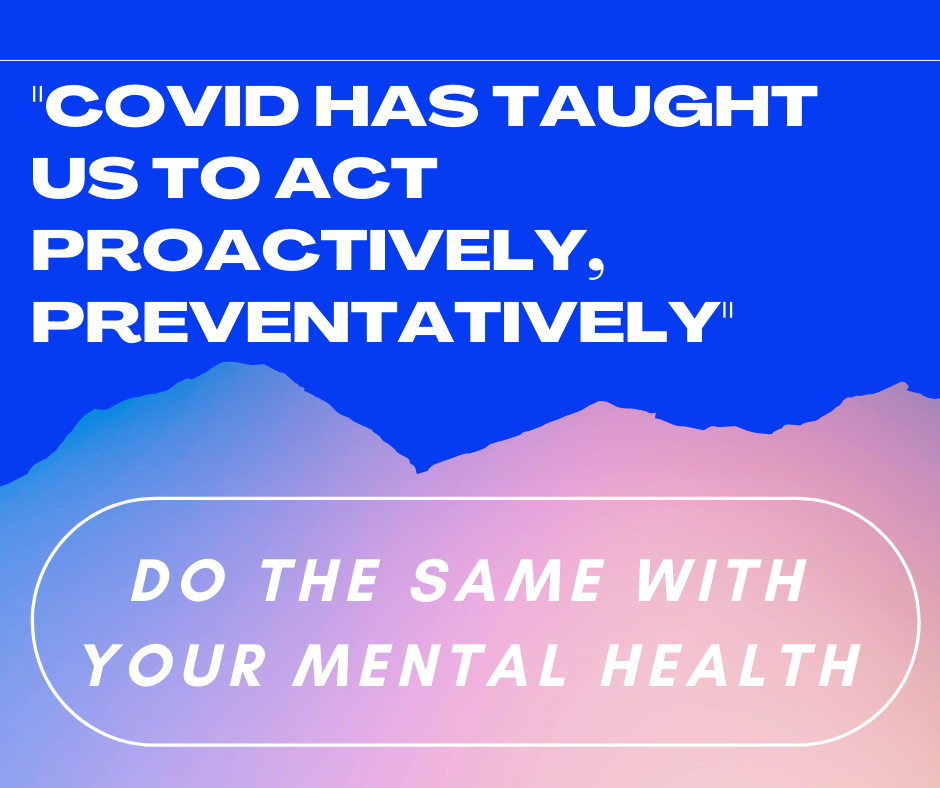

For performers, “returning to stage may feel like returning home and provide a sense of belonging that has been missing. This could also feel unreachable, or bring about feelings of discomfort. Give yourself time and space to breathe. Taking small steps towards reintroducing yourself to performance and reconnecting to what this means to you, can help to reintegrate you in these new surroundings.”
Allowing yourself to feel more than one emotion, and recognizing that each one of them is valid; for example giving each feeling a seat at the table, a voice, and using this to help guide you, and to even help express yourself as a performer.
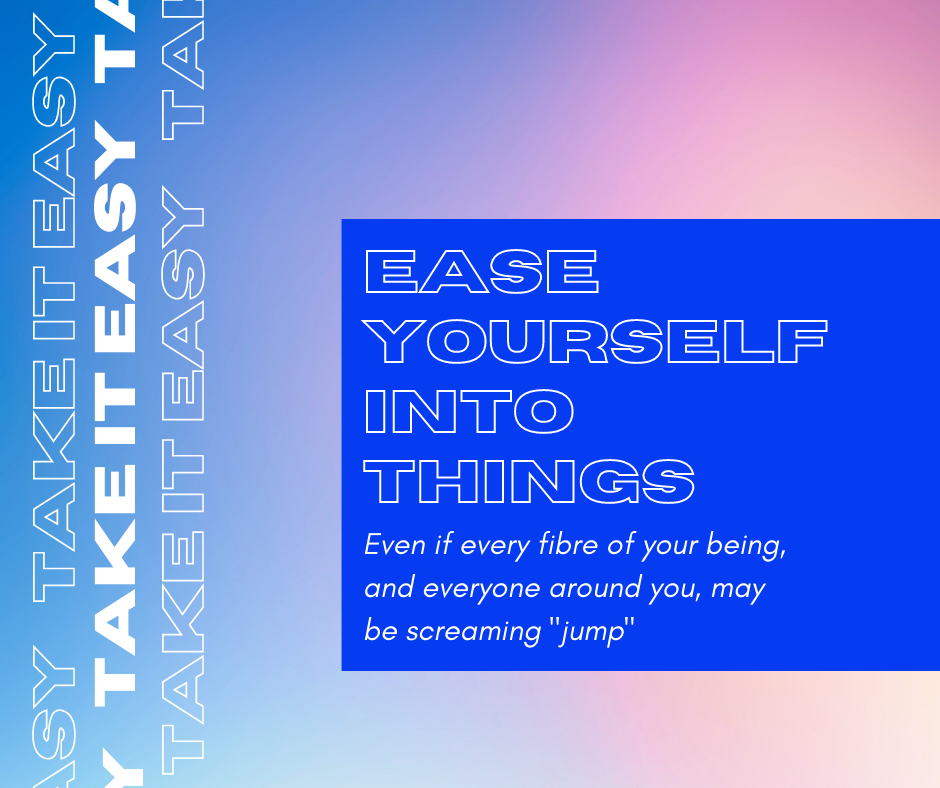

Take your mental health seriously
Perhaps just as important as the advice above is to also consider the following: mental health is never something to approach with a one size fits all mentality. Some things may work for you, while others just aren’t the right fit.
We are massive promoters of getting support, but we also realize reaching out is not always easy. Trying to take that first step can feel more like a stage dive. That’s why it’s important to take stock of your mental health and know your limits in this uncharted territory.
